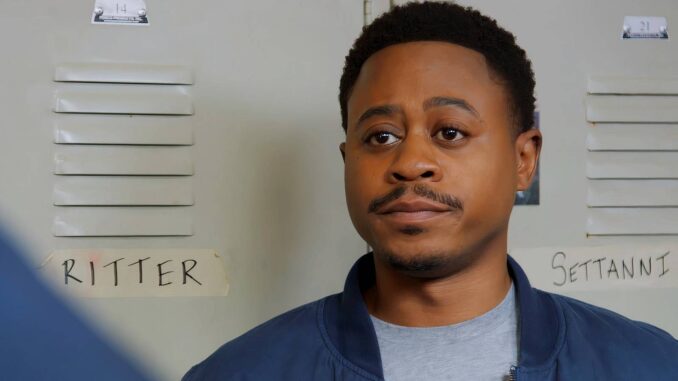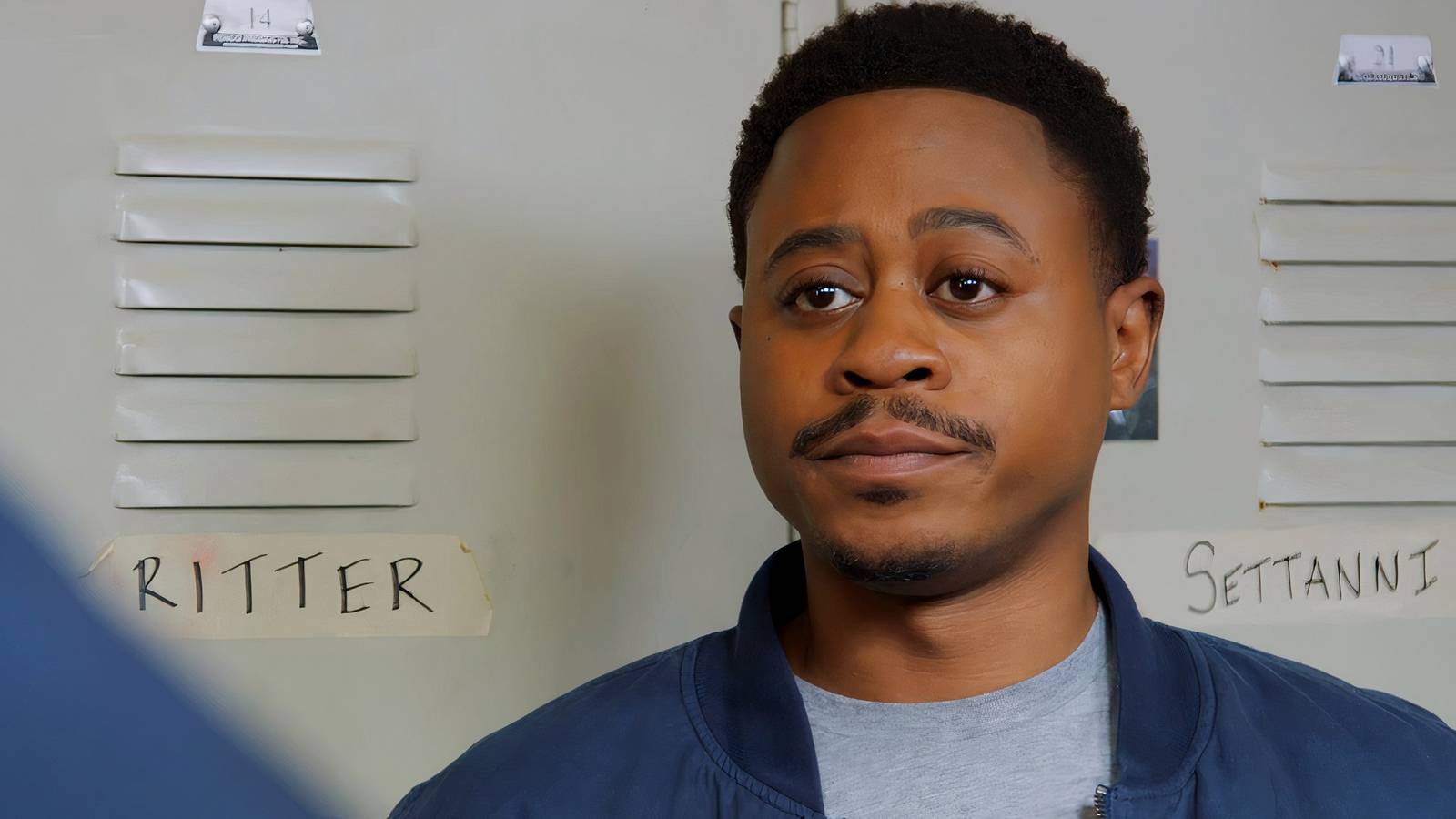
The Unseen Currents: NBC, Ritter, and the Delicate Ecosystem of Fandom
The scroll across a news ticker, the flash of a headline, the sudden realization that a familiar face might be leaving a beloved show – it’s a modern jolt to the system, a ripple in the carefully constructed comfort of fictional worlds. Such was the case with the recent “Breaking” news concerning Ritter’s impending exit from Chicago Fire, and the subsequent reports of NBC’s efforts to “soothe fans’ concerns” (md11). This particular incident, seemingly a mere blip in the vast landscape of television production, serves as a potent illustration of the intricate, often emotional, relationship between a network, its shows, and the deeply invested audience that sustains them. It’s a microcosm of the television ecosystem, where artistic creation meets corporate strategy, all under the watchful, passionate gaze of fandom.
At the heart of the “concern” lies the profound emotional investment fans pour into long-running series like Chicago Fire. These aren’t just characters on a screen; they are weekly companions, surrogate family members whose lives, struggles, and triumphs become intertwined with our own. Darren Ritter, played by Daniel Kyri, wasn’t a founding member of Firehouse 51, but his journey from a nervous rookie to a confident, compassionate firefighter and a beloved fixture within the found family of the squad has resonated deeply. He represented growth, quiet strength, and the enduring spirit of camaraderie. When the specter of an exit looms, it’s not merely a plot point; it’s the potential loss of a cherished friend, an anchor in the fictional world that many turn to for comfort and escape. The initial news, often fragmented and speculative, creates a digital firestorm – a collective gasp followed by a torrent of questions, anxieties, and even pleas across social media. This immediate, visceral reaction is the raw, unedited voice of the fandom, expressing a vulnerability few other entertainment mediums can elicit.
Enter NBC, the orchestrator and steward of the One Chicago universe. Their role in these moments is less about artistic expression and more about strategic communication and brand management. The act of “soothing concerns” is a carefully calibrated maneuver, a PR tightrope walk designed to acknowledge fan sentiment without capitulating to it, to provide reassurance without giving away critical plot details, and most importantly, to maintain the audience’s trust and continued viewership. This isn’t just about one character; it’s about the perceived stability and integrity of a flagship franchise. “md11” likely refers to a specific news release, an official statement, or an interview strategically placed to quell the rising tide of disquiet. This “soothing” might come in the form of promises of a meaningful storyline, hints at a character’s future, or an affirmation of the show’s continued commitment to its established narrative values. It’s the network extending a velvet glove of reassurance, a corporate hand on the shoulder of an anxious audience, reminding them that while change is inevitable, the show’s core remains intact.
Yet, beneath the surface of fan concern and network reassurance lie the unseen currents of the television industry itself. Character exits are often born from a complex interplay of creative necessity, actor availability, contractual obligations, and the organic evolution of a long-running narrative. An actor might seek new opportunities, a storyline might reach a natural conclusion, or budgetary considerations might necessitate shifts in the ensemble. For a show like Chicago Fire, now in its twelfth season, the very longevity that fosters deep fan connection also demands a certain fluidity. Characters leave, new ones arrive, reflecting the transient nature of real-life professions and the dramatic requirements of episodic television. What feels like a sudden jolt to the audience is often the culmination of months of planning and negotiation behind the scenes. NBC’s task is to bridge this gap, to translate the practicalities of production into a narrative experience that feels earned and respectful to the audience, transforming potential heartbreak into meaningful television.
Ultimately, the phenomenon of Ritter’s exit and NBC’s subsequent response is a powerful illustration of the modern television landscape. It highlights the undeniable power of dedicated fandom, whose collective voice can shape headlines and influence network strategy. It underscores the dual nature of television production: a creative endeavor aiming to tell compelling stories, and a business enterprise striving to maintain viewership and profitability. And perhaps most importantly, it reminds us that within the seemingly chaotic currents of breaking news and social media storms, there is a delicate dance between creators and consumers, a continuous negotiation for the heart and soul of the stories we love. As the smoke clears from this particular “breaking news,” the enduring fire of Chicago Fire continues, testament to the resilience of its narrative and the careful stewardship required to keep its devoted audience warm.
